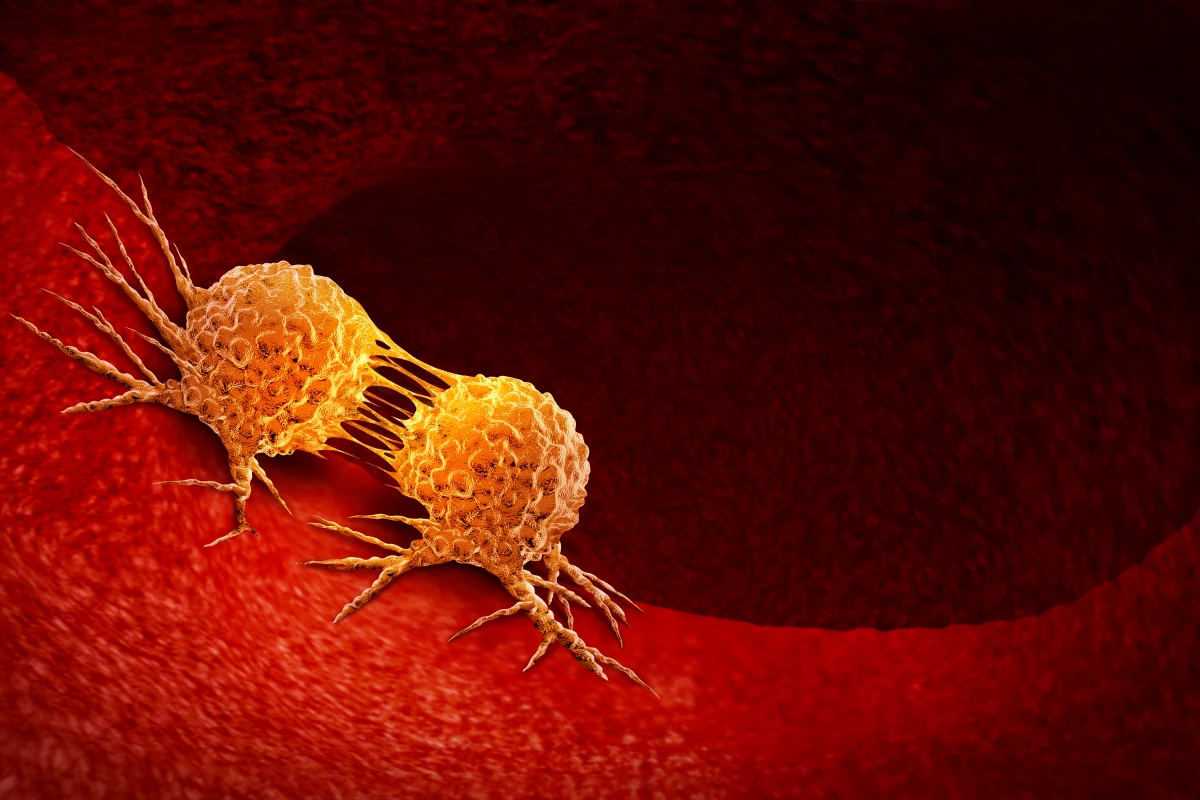New research led by scientists from the University of Cambridge has provided strong evidence that mutations in two key genes known to heighten breast cancer risk can also be linked with increased risk of developing prostate, pancreatic and stomach cancers. The study is the first to clearly quantify increased risk from BRCA genes with more than 20 types of cancer.
The discovery of the BRCA1 and BRCA2 genes in the 1990s led to a profound shift in the way breast cancer was treated. The milestone not only helped doctors identify those women most at risk of breast cancer but the findings drove the development of new kinds of cancer treatments.
Although specific BRCA mutations could be strongly linked with certain types of breast cancers, researchers long suspected the gene variants to be associated with other cancers. Prostate cancer risk in particular has been thought to be linked with these BRCA mutations but until now precise estimates of risk have been unclear.
The study looked at health record data from around 3,000 families with the BRCA1 mutation and more than 2,000 families with the BRCA2 mutation. The research focused on calculating age-relative and absolute risks for 22 types of cancer.
“These large datasets of patients have allowed us to estimate with much greater accuracy the extent to which faulty BRCA1 and BRCA2 genes increase the risk of several cancers,” said lead researcher on the project Antonis Antoniou. “We’ve known for some time that they’re linked to breast and ovarian cancer, but there’s been uncertainty about other cancers.”
Looking at prostate cancer the study found men carrying the BRCA2 mutation were more than twice as likely to develop that cancer by the age of 80 than men without the gene variant. Prostate cancer risk was unaffected by the BRCA1 mutation.
The relationship between BRCA mutations and prostate cancer has been suspected for a number of years. A compelling 2020 study, for example, found a treatment specifically developed to target breast cancer was found to be significantly effective against prostate cancer.
The study also found pancreatic cancer risk was doubled by carrying either the BRCA1 or BRCA2 mutations. Stomach cancer risk was also heightened by BRCA mutations, however, the researchers noted that due to the small number of cases in the dataset, they were unable to clearly quantify that risk.
Interestingly, the study found no association between skin cancer and BRCA gene variants. Prior research has suggested associations between melanoma and BRCA but Marc Tischkowitz, a co-author on the new study, said his team’s data could not validate that link.
“The link between BRCA2 and prostate cancer and pancreatic cancer is now much clearer, thanks to the data we’ve analyzed,” said Tischkowitz. “Our data suggests that there is no strong link between BRCA2 and melanoma, which may provide greater clarity to BRCA2 gene carriers. Overall, the results will add to our knowledge on optimizing cancer screening and early detection strategies for people who are known to carry these faulty genes.”
The new study was published in the Journal of Clinical Oncology.
Source: University of Cambridge




